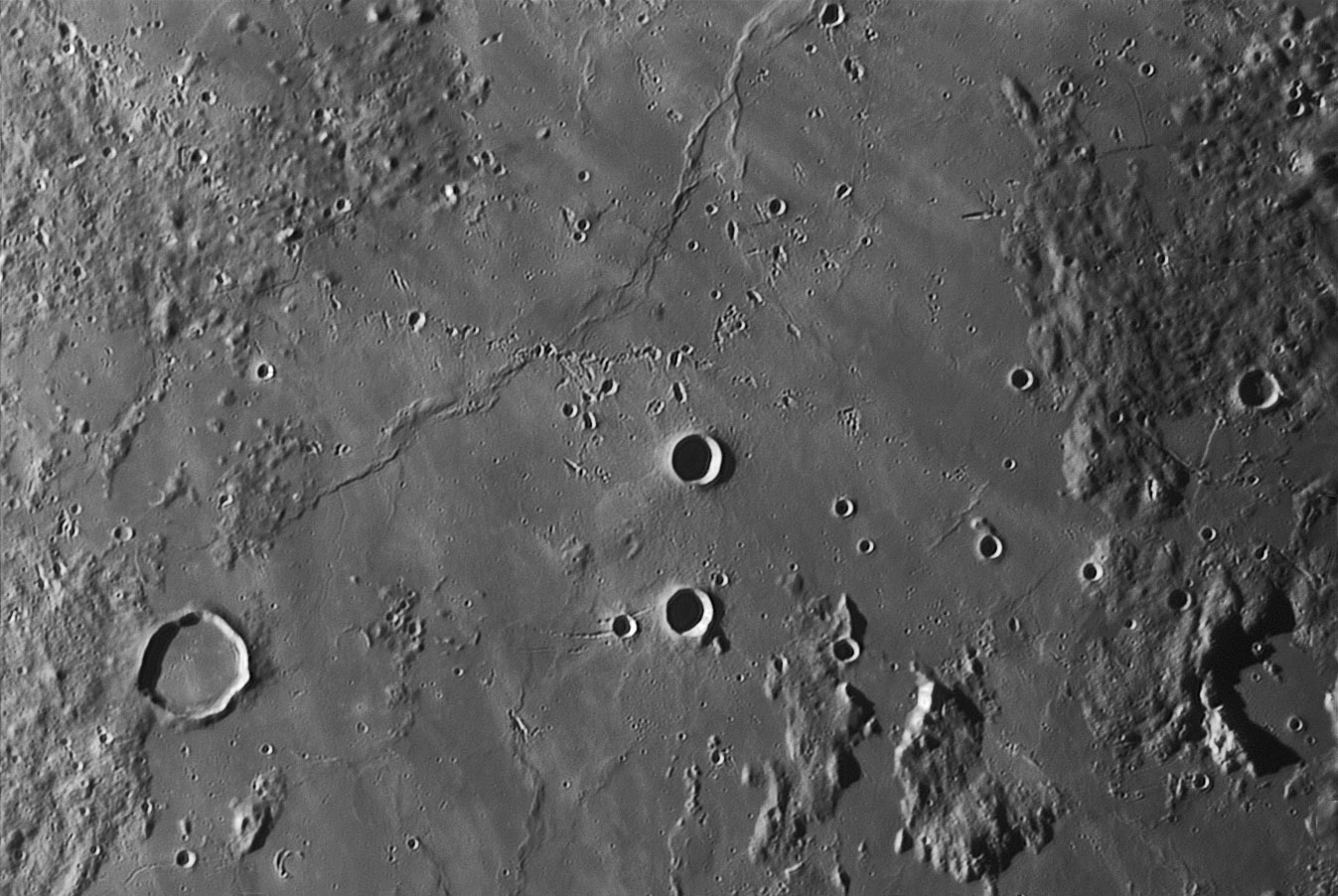Difference between revisions of "December 29, 2009"
| (6 intermediate revisions by the same user not shown) | |||
| Line 1: | Line 1: | ||
__NOTOC__ | __NOTOC__ | ||
=Rille From Ridge= | =Rille From Ridge= | ||
| + | <!-- Start of content --> | ||
<!-- ws:start:WikiTextHeadingRule:1:<h1> --> | <!-- ws:start:WikiTextHeadingRule:1:<h1> --> | ||
<!-- ws:start:WikiTextLocalImageRule:16:<img src="/file/view/LPOD-Dec29-09.jpg/111171083/LPOD-Dec29-09.jpg" alt="" title="" /> -->[[File:LPOD-Dec29-09.jpg|LPOD-Dec29-09.jpg]]<!-- ws:end:WikiTextLocalImageRule:16 --><br /> | <!-- ws:start:WikiTextLocalImageRule:16:<img src="/file/view/LPOD-Dec29-09.jpg/111171083/LPOD-Dec29-09.jpg" alt="" title="" /> -->[[File:LPOD-Dec29-09.jpg|LPOD-Dec29-09.jpg]]<!-- ws:end:WikiTextLocalImageRule:16 --><br /> | ||
| − | <em>image by [mailto:viladrich@club-internet.fr | + | <em>image by [mailto:viladrich@club-internet.fr Christian Viladrich], France</em><br /> |
<br /> | <br /> | ||
| − | This isn't a spacecraft image, but it looks like one. Christian has produced a magnificent view of the area from Gambart east to Schröter (near bottom | + | This isn't a spacecraft image, but it looks like one. Christian has produced a magnificent view of the area from Gambart east to Schröter (near bottom |
| − | right). Hummocky mounds of Imbrium ejecta provide most relief, with mare lavas from Sinus Aestuum filling in low spots. Radial and looping chains of | + | right). Hummocky mounds of Imbrium ejecta provide most relief, with mare lavas from Sinus Aestuum filling in low spots. Radial and looping chains of |
| − | secondary craters from Copernicus (beyond the upper left margin) demonstrate that we really don't understand the details of ejecta ballistics. Although | + | secondary craters from Copernicus (beyond the upper left margin) demonstrate that we really don't understand the details of ejecta ballistics. Although |
| − | there are interesting rilles along the northeast edge of this frame, what is remarkable is a faint sinuous rille that starts at the mare ridge northeast of | + | there are interesting rilles along the northeast edge of this frame, what is remarkable is a faint sinuous rille that starts at the mare ridge northeast of |
| − | Gambart and flows at least 50 km to the south before becoming undetectable. This rille is barely visible in a Lunar Orbiter IV [http://www.lpi.usra.edu/resources/lunarorbiter/images/preview/4114_h1.jpg | + | Gambart and flows at least 50 km to the south before becoming undetectable. This rille is barely visible in a Lunar Orbiter IV [http://www.lpi.usra.edu/resources/lunarorbiter/images/preview/4114_h1.jpg image] and may be |
| − | generally unknown. For a rille to start at a mare ridge shows that either there may be a volcanic component to some ridges and/or that the low angle | + | generally unknown. For a rille to start at a mare ridge shows that either there may be a volcanic component to some ridges and/or that the low angle |
| − | fault of the ridge provided a conduit for magma to rise and erupt on the surface. I am unaware of any other rille starting at a mare ridge. | + | fault of the ridge provided a conduit for magma to rise and erupt on the surface. I am unaware of any other rille starting at a mare ridge. |
<br /> | <br /> | ||
| − | <em>[mailto:tychocrater@yahoo.com | + | <em>[mailto:tychocrater@yahoo.com Chuck Wood]</em><br /> |
<br /> | <br /> | ||
<strong>Technical Details</strong><br /> | <strong>Technical Details</strong><br /> | ||
| Line 19: | Line 20: | ||
<br /> | <br /> | ||
<strong>Related Links</strong><br /> | <strong>Related Links</strong><br /> | ||
| − | Rükl plate [ | + | Rükl plate [https://the-moon.us/wiki/R%C3%BCkl_32 32]<br /> |
| − | Christian's [http://christian.viladrich.perso.neuf.fr/ | + | Christian's [http://christian.viladrich.perso.neuf.fr/ website]<br /> |
<br /> | <br /> | ||
<hr /> | <hr /> | ||
| − | < | + | <p><b>Yesterday's LPOD:</b> [[December 28, 2009|LPODlandia]] </p> |
| − | </ | + | <p><b>Tomorrow's LPOD:</b> [[December 30, 2009|Hyginus Depression]] </p> |
| − | ---- | + | <!-- End of content --> |
| − | + | {{wiki/ArticleFooter}} | |
| − | |||
Latest revision as of 17:45, 13 October 2018
Rille From Ridge

image by Christian Viladrich, France
This isn't a spacecraft image, but it looks like one. Christian has produced a magnificent view of the area from Gambart east to Schröter (near bottom
right). Hummocky mounds of Imbrium ejecta provide most relief, with mare lavas from Sinus Aestuum filling in low spots. Radial and looping chains of
secondary craters from Copernicus (beyond the upper left margin) demonstrate that we really don't understand the details of ejecta ballistics. Although
there are interesting rilles along the northeast edge of this frame, what is remarkable is a faint sinuous rille that starts at the mare ridge northeast of
Gambart and flows at least 50 km to the south before becoming undetectable. This rille is barely visible in a Lunar Orbiter IV image and may be
generally unknown. For a rille to start at a mare ridge shows that either there may be a volcanic component to some ridges and/or that the low angle
fault of the ridge provided a conduit for magma to rise and erupt on the surface. I am unaware of any other rille starting at a mare ridge.
Chuck Wood
Technical Details
24 August 2008- 2h37mnUT. Celestron 14 (extender QX1.6 Takahashi) + Skynyx 2.1M video camera + Astronomik red filter; 400 images, Avistack.
Related Links
Rükl plate 32
Christian's website
Yesterday's LPOD: LPODlandia
Tomorrow's LPOD: Hyginus Depression
COMMENTS?
Register, Log in, and join in the comments.



